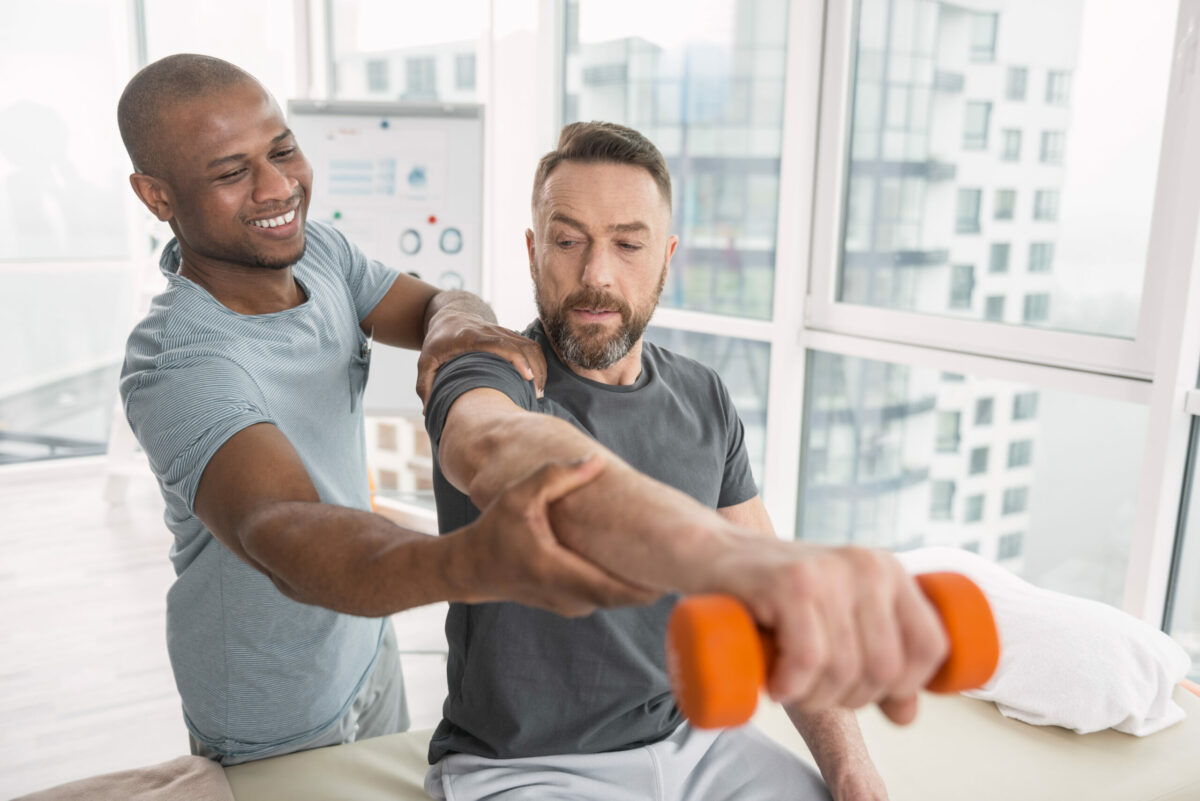Exploring the Groundbreaking Gains of Therapeutic Intervention to Improved Agility plus Ache Management
Wiki Article
Physiological rehabilitation is a medical field that focuses on assisting individuals improve their movement and manage discomfort. It includes a range of techniques and activities created to restore movement and capability in the physical form. Many individuals pursue physical therapy after an injury, surgery, or due to chronic issues that impact their capability to move without restriction. The transformative benefits of physical therapy can result to significant gains in a individual's standard of life, rendering it an crucial part of healing and restoration.

One of the primary benefits of physical therapy is enhanced mobility. Physical therapists evaluate each client's individual circumstance and create personalized treatment plans that target particular requirements. These programs often include exercises that strengthen muscles, improve limberness, and enhance scope of motion. By engaging in these targeted tasks, clients can recover their ability to perform daily activities, including ambulating, climbing stairs, or also participating in sports. Improved mobility not only helps people feel more self-sufficient but also enhances their self-esteem and general well-being.
Pain relief is another significant benefit of physical therapy. Numerous individuals suffer from chronic discomfort issues, such as arthritis or back pain, that can limit their functionality and affect their mental health. Physical therapists employ various methods, including manual therapy, straight from the source modalities like warmth and cold, and therapeutic exercises, to assist reduce pain. By addressing the underlying origins of pain, physical therapy can offer long-lasting relief without the necessity for drugs. This approach is especially advantageous for those who wish to avoid the adverse effects linked with pain medications.
In addition to bodily advantages, physical therapy also promotes mental and psychological health. Engaging in consistent physical activity can release endorphins, that are innate mood lifters. Patients often report feeling more positive and motivated as they advance through their therapy appointments. Furthermore, the supportive atmosphere created by physical therapists fosters a sense of belonging and support. This emotional support can be vital for people who may feel isolated due to their physical restrictions.
Ultimately, physical therapy plays a vital role in averting future injuries. By teaching clients about proper body movements and safe movement techniques, physical therapists assist individuals comprehend how to protect themselves during daily tasks. This understanding is particularly important for athletes and those who engage in physically demanding jobs. By including injury prevention strategies into their treatment programs, physical therapists empower patients to sustain their health and mobility for an extended period to come. In summary, the transformative advantages of physical therapy reach beyond immediate recovery, providing sustained advantages for mobility, pain relief, and general health.